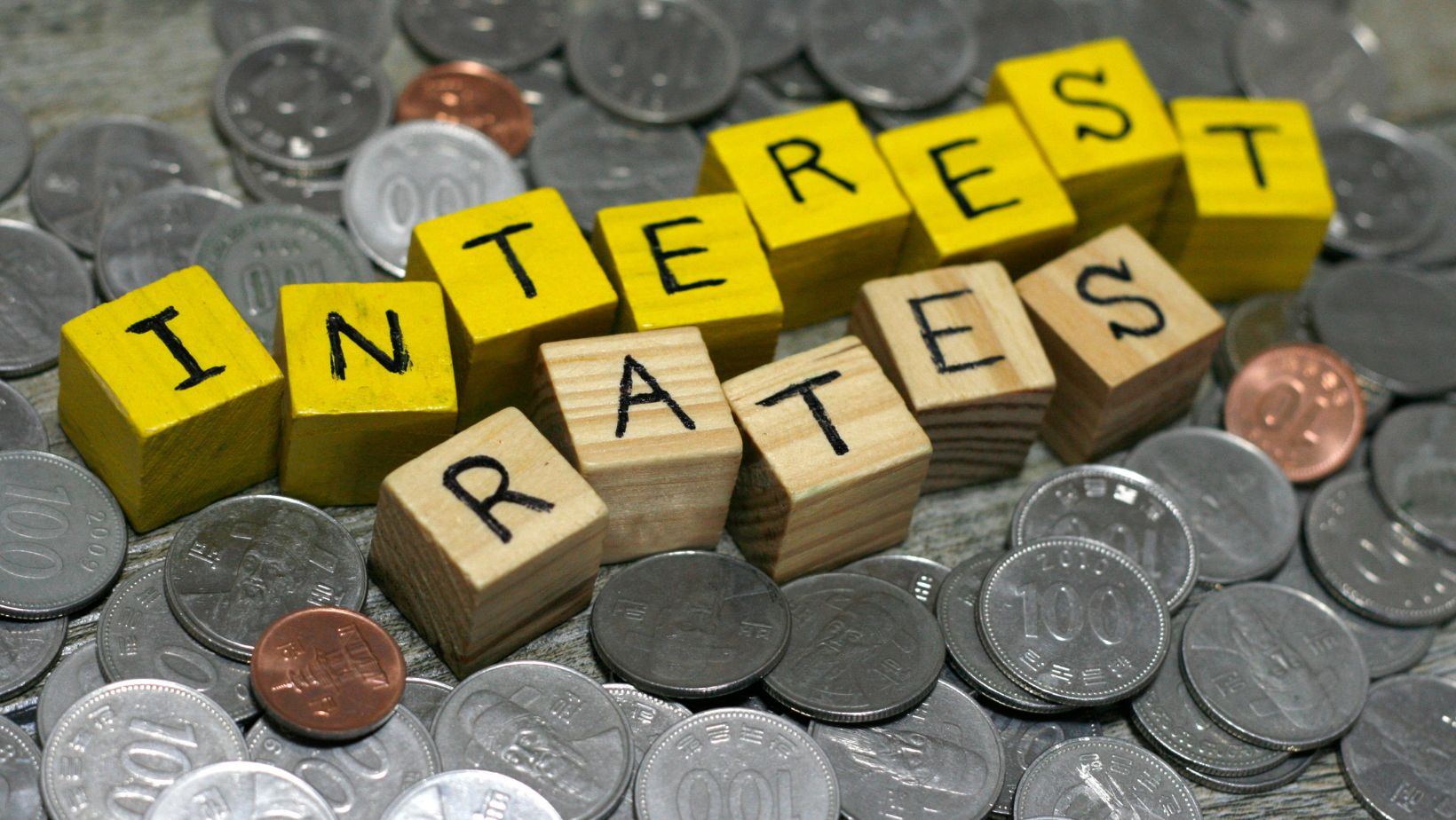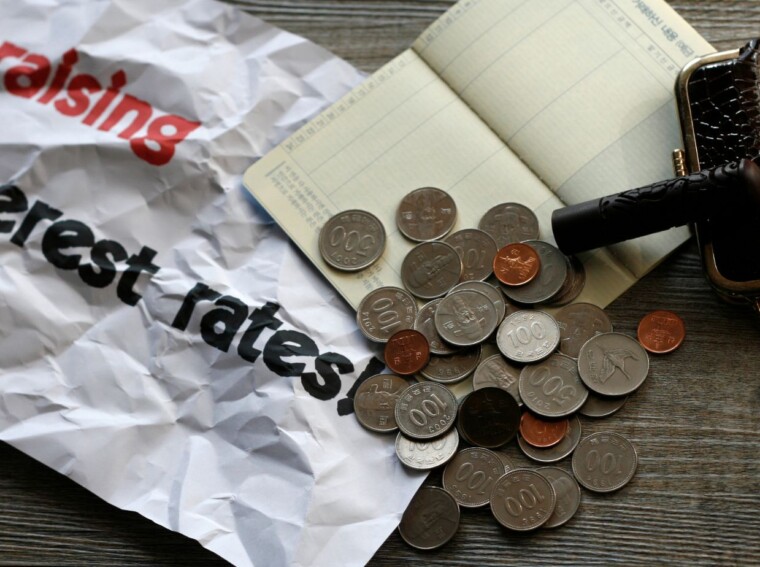When it comes to borrowing money using credit, understanding the factors that determine the interest rate charged is crucial. The interest rate is essentially the cost of borrowing and can significantly impact the total amount repaid over time. So, what exactly are these determining factors?
Firstly, a key factor that influences the interest rate is an individual’s creditworthiness. Lenders assess your credit history and credit score to evaluate your ability to repay debts responsibly. A higher credit score demonstrates lower risk for lenders, which can result in a lower interest rate. On the other hand, a poor credit history or low credit score may lead to higher interest rates as lenders perceive greater risk.
Another determinant is market conditions and economic factors. Interest rates fluctuate based on various macroeconomic indicators such as inflation rates, central bank policies, and overall economic stability. When these factors indicate potential risks or uncertainties in the economy, lenders may increase interest rates to mitigate their own risks.
For more amazing content, see our next article!
Additionally, loan-specific factors also play a role in determining interest rates. Loan duration or term affects the perceived risk for lenders – longer terms usually mean higher interest rates due to increased uncertainty over repayment over an extended period of time. The loan amount requested can also influence the interest rate; larger loans may come with higher rates due to increased exposure for lenders.
Understanding these factors that determine the interest rate charged when borrowing money using credit empowers individuals to make informed financial decisions. By maintaining good creditworthiness and staying updated on market conditions, borrowers can position themselves for more favorable loan terms and save money in the long run.

What Factors Determine The Interest Rate That Will Be Charged For Money Borrowed When Using Credit?
When it comes to determining the interest rate charged for money borrowed through credit, several factors come into play. Understanding these factors can help borrowers make informed decisions and potentially secure more favorable rates. Here are some key elements that influence credit interest rates:
- Credit Score: One of the most significant factors affecting credit interest rates is the borrower’s credit score. Lenders use this numerical value, ranging from 300 to 850, to assess an individual’s creditworthiness. A higher credit score indicates a lower risk for lenders, resulting in lower interest rates.
- Economic Conditions: The overall state of the economy plays a role in setting interest rates as well. During periods of economic growth and low inflation, interest rates tend to be lower due to increased borrowing demand and competition among lenders.
- Loan Term: The length of time over which the borrowed funds will be repaid also impacts the interest rate charged on credit. Generally, longer-term loans may have higher interest rates compared to shorter-term loans since there is a greater risk associated with lending money over an extended period.
- Type of Credit: Different types of credit come with varying levels of risk for lenders and thus affect the interest rate charged accordingly. For example, personal loans typically have higher interest rates than secured loans like mortgages because they are unsecured and pose a greater risk.
- Debt-to-Income Ratio: Lenders consider a borrower’s debt-to-income ratio when determining their ability to repay debts on time. This ratio compares monthly debt obligations (such as mortgage payments, car loans, or student loans) to income. A lower debt-to-income ratio generally translates into better chances of securing lower interest rates.
- Market Competition: The level of competition among lenders within the market can impact interest rates too. When multiple lenders vie for borrowers’ business, they may offer more competitive terms and reduced interest rates as an incentive.
- Inflation: Inflation erodes the purchasing power of money over time, and lenders account for this risk by adjusting interest rates accordingly. Higher inflation expectations may result in higher interest rates to compensate for potential loss in value over the loan term.
It’s important to note that these factors can interact with one another, making it essential to evaluate your specific financial situation comprehensively. By maintaining good credit health, monitoring economic conditions, and comparing offers from different lenders, borrowers can position themselves for more favorable interest rates when borrowing through credit.
